Mature Your Premature Ejaculation
Did you know that as many as 1 out of 3 people report experiencing premature ejaculation at some point in their lives? Welcome to In You, your ultimate hub for sexual wellness exploration. We’re here to address a common concern that affects countless individuals: ejaculation problems, specifically Premature Ejaculation.
Whether you’re just beginning to understand this condition or seeking ways to address it, you’re not alone. With solutions like long time sex tablets, last longer in bed pills, and long lasting tablets, there are options to help you last longer in bed and enhance your confidence.
Additionally, incorporating testosterone tablets, testosterone tablets for men, or testo boost supplements can improve performance by supporting hormone balance and stamina. Come and join us as we explore practical tips, expert insights, and products like testo power that empower you to confidently navigate this aspect of sexual health.
Ejaculation Problems: Too Fast, Too Slow or Not at All?
Premature ejaculation, delayed ejaculation (male orgasmic disorder), and retrograde ejaculation are common ejaculation problems.
- Premature ejaculation occurs when a person ejaculates earlier than they would like during sexual arousal.
- Delayed ejaculation can involve either a significant delay before ejaculation or the inability to ejaculate despite wanting to do so and having a normal erection.
- Retrograde ejaculation is an uncommon condition where semen travels backwards into the bladder rather than through the urethra. This results in little to no semen during ejaculation and cloudy urine afterwards. While retrograde ejaculation doesn’t pose a health risk and still allows for the sensation of orgasm, it can impact fertility by affecting the ability to father a child.
Premature Ejaculation: Understanding the Condition
Premature ejaculation (PME) occurs when a man ejaculates sooner than desired during sexual activity (Source: John Hopkins Medicine). It’s the most common sexual disorder in men. Typically, it’s not a concern if it only happens occasionally. However, if you consistently ejaculate within 1 to 3 minutes of penetration, find it difficult to delay ejaculation almost every time, and feel distressed or frustrated, leading you to avoid sexual intimacy, it might be something to address. Has this been a concern for you from the beginning, or have you noticed a change in your sexual performance recently? If so, let’s explore PME in more detail.
Premature ejaculation is categorized into two main types:
- Lifelong premature ejaculation: Individuals experiencing this type have dealt with premature ejaculation since their initial sexual experiences.
- Acquired premature ejaculation: Contrary to lifelong premature ejaculation, individuals with this type had previously successful sexual relationships but have now developed premature ejaculation.
Additionally, performance anxiety represents a form of psychogenic erectile dysfunction, often stemming from stress.
What are the Causes?
Exploring the causes of Premature Ejaculation (PME) offers insight into its complexity. Even though PME is primarily psychological, the causes aren’t limited to that. Understanding these factors empowers you to seek tailored solutions and improve your sexual well-being.
- Psychological:
- Psychological factors like early sexual experiences, history of abuse, negative body image, depression, anxiety about premature ejaculation, and feeling of guilt contribute to premature ejaculation.
- Erectile dysfunction and anxiety, whether about sexual performance or other aspects of life, often accompany premature ejaculation.
- Relationship difficulties can exacerbate the issue, especially if premature ejaculation wasn’t common in past sexual partnerships.
- Biological:
Several biological factors may contribute to premature ejaculation, including irregular hormone levels, irregular levels of brain chemicals, and swelling or infection of the prostate or urethra.
Inherited traits might also play a role in premature ejaculation.
Complications & Risks of PME
Premature ejaculation, while common, can have significant impacts on personal and relational well-being. Here’s a breakdown of the risk factors and complications associated:
- Erectile dysfunction: Trouble achieving or maintaining an erection may increase the likelihood of premature ejaculation. Anxiety about losing an erection can result in rushed sexual activity.
- Stress and relationship problems: Emotional or mental stress from various aspects of life can lead to premature ejaculation, causing tension and conflicts in relationships. Stress can also hinder relaxation and focus during sexual activity.
- Fertility problems: Premature ejaculation can make it difficult for sperm to reach the egg, potentially affecting fertility if ejaculation doesn’t occur in the vagina.
Addressing premature ejaculation is essential for personal well-being, maintaining healthy relationships, and improving fertility prospects.
Treatment Methods
Standard options for treating premature ejaculation include behavioural techniques, medications, and counselling (Source: Mayo Clinic). It may take some time to find the proper treatment or combination of treatments. Often, the most effective approach involves combining behavioural therapy with medication.
Behavioural Therapy
- Weak pelvic floor muscles can impede the ability to delay ejaculation. Pelvic floor exercises, such as Kegels, can help strengthen these muscles.
- Condoms can decrease penile sensitivity, potentially helping to delay ejaculation. Some specially designed varieties contain numbing agents like benzocaine or lidocaine and may be made of thicker latex.
- Medications for premature ejaculation include topical numbing agents and oral medications. Topical options, like benzocaine or lidocaine creams and sprays, reduce sensation to delay ejaculation. Oral medications, such as antidepressants and pain relievers may be prescribed alone or in combination.
- Counselling: Discussing with a mental health provider can help manage performance anxiety and stress, particularly when combined with drug therapy. Premature ejaculation can lead to emotional distance in relationships, causing feelings of anger and shame. Seeking relationship counselling or sex therapy can help address these issues.
Last Long In You: The Right Treatement for Premature Ejaculation
Premature Ejaculation (PE) can affect your confidence, relationships, and overall sexual satisfaction. If you’re seeking a reliable solution, “Last Long In You” is the right treatment to help you last longer in bed. This carefully formulated product combines the benefits of testosterone boosters and natural supplements to increase testosterone to address both the psychological and physiological aspects of PE.
By incorporating “Last Long In You,” you’re not only using one of the best medicines for premature ejaculation in India, but you’re also benefiting from a product designed to support your stamina and endurance. This long time sex medicine for men helps boost testosterone levels, increase endurance, and delay ejaculation effectively.
If you’re searching for the best premature ejaculation pills or a long time sex capsule that works, “Last Long In You” offers a comprehensive solution. Say goodbye to early discharge and experience more satisfying intimate moments with confidence.
Conclusion
Involving your partner in addressing your sex life concerns is essential, significantly if it’s affecting your relationship. Additionally, consider that your partner may have challenges impacting intimacy.
In navigating these challenges, remember that you’re not alone. Support from platforms like InYou can provide valuable resources and guidance on your journey from illness to wellness. By fostering open communication, understanding your partner’s needs, and seeking support when necessary, you can cultivate a healthier, more fulfilling relationship and sex life.
References
Johns Hopkins Medicine
Mayo Clinic
NCBI – Premature Ejaculation
NHS – Ejaculation Problems
















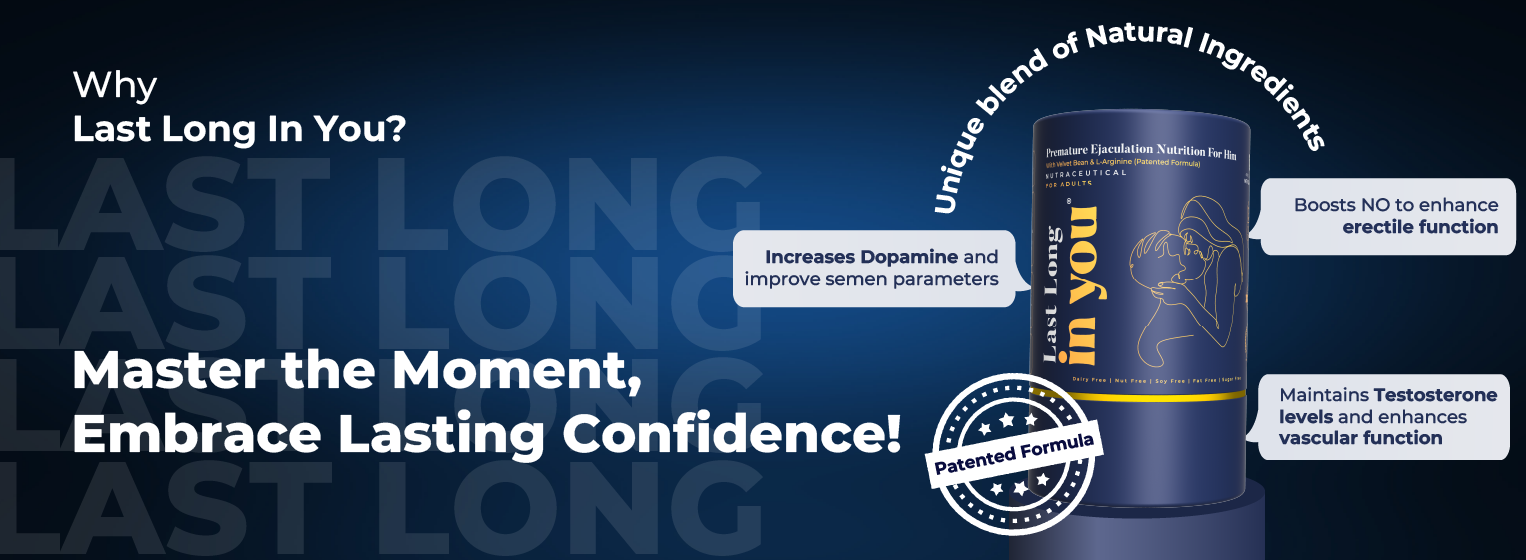

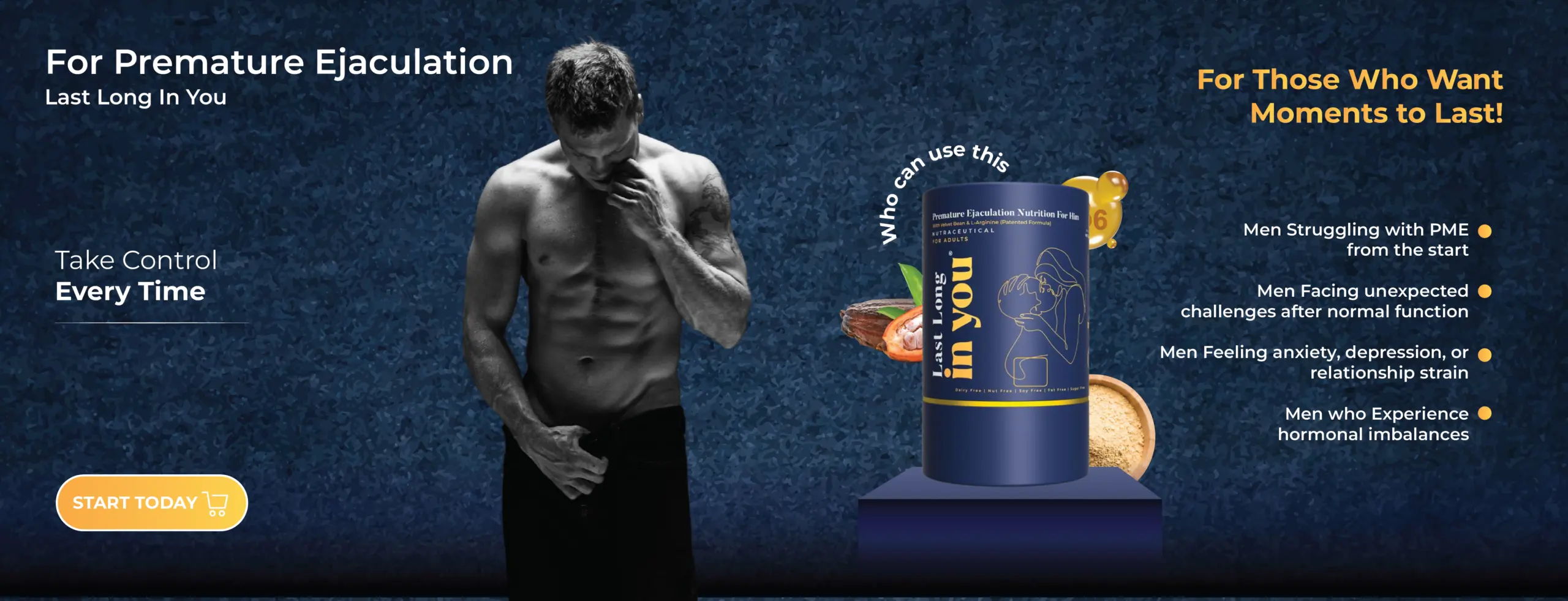
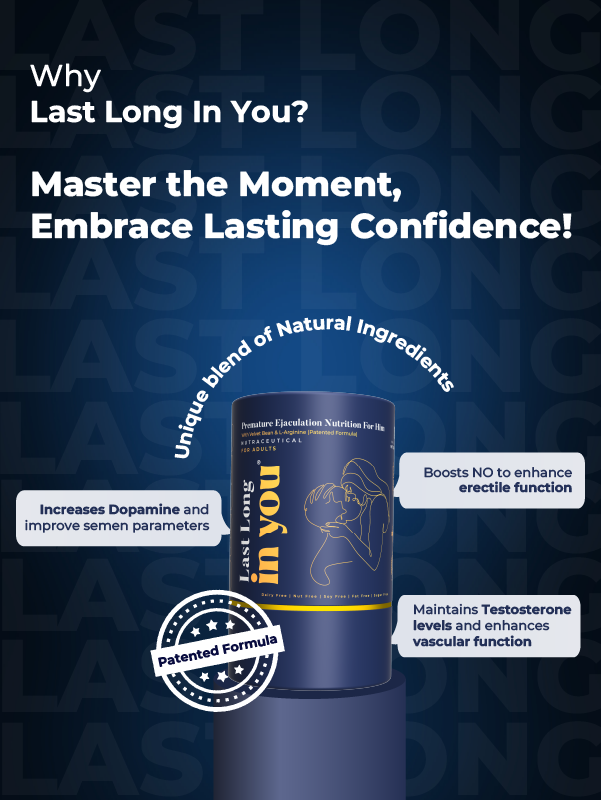







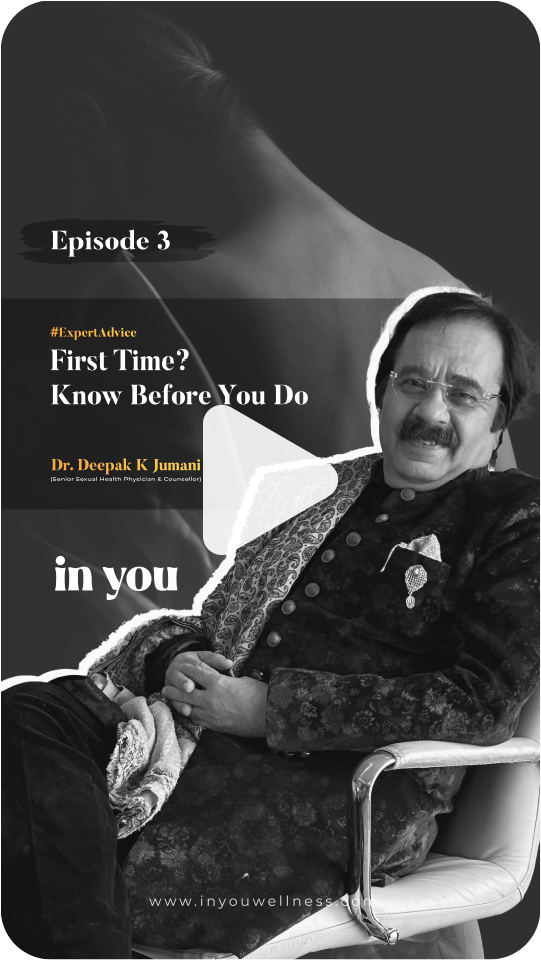

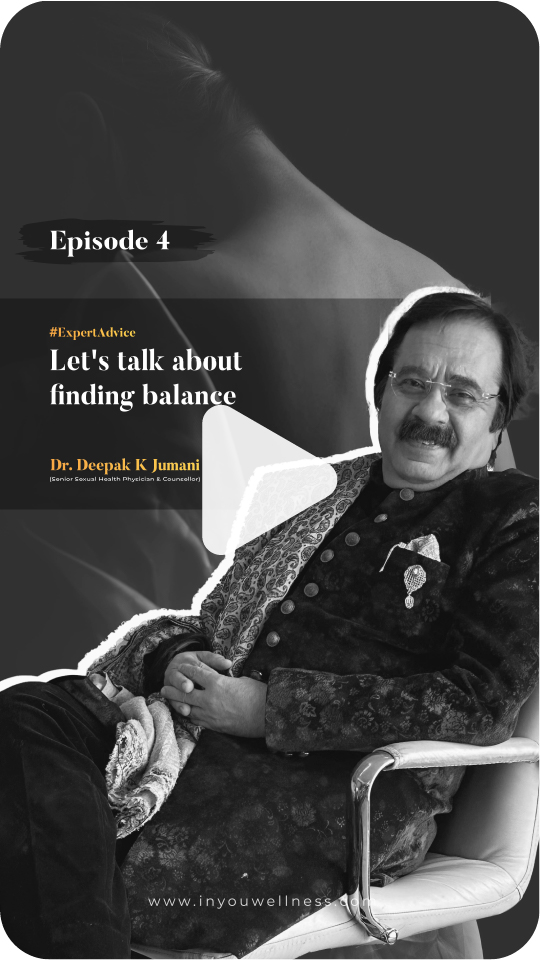




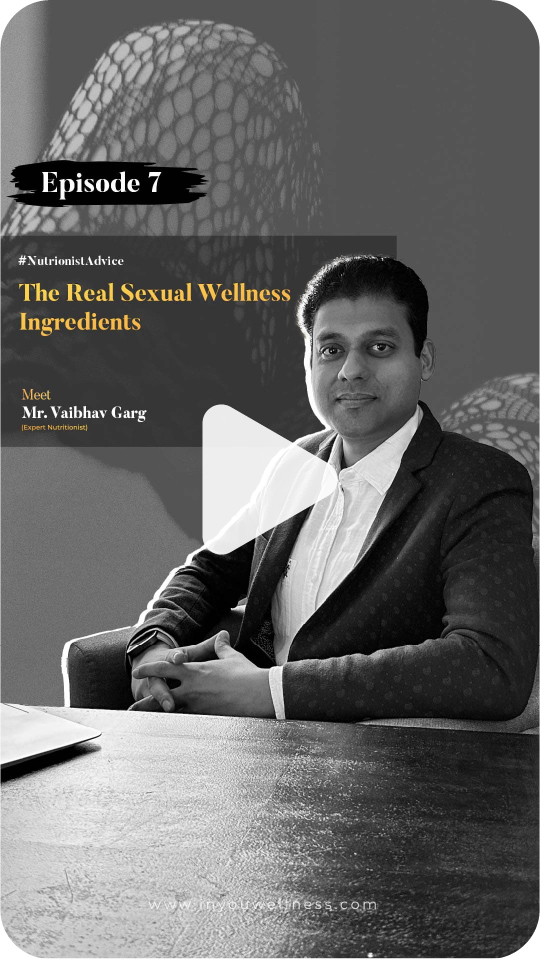









![[object Object]](https://www.wordpresss.inyouwellness.com/wp-content/uploads/2024/07/young-female-lying-bed-scaled-e1720007822635.jpg)
![[object Object]](https://www.wordpresss.inyouwellness.com/wp-content/uploads/2024/07/close-up-portrait-couple-together-scaled.jpg)
![[object Object]](https://www.wordpresss.inyouwellness.com/wp-content/uploads/2024/06/ethnic-couple-enjoying-time-together-couch-scaled.jpg)
![[object Object]](https://www.wordpresss.inyouwellness.com/wp-content/uploads/2024/12/Morning-erection.jpg)
![[object Object]](https://www.wordpresss.inyouwellness.com/wp-content/uploads/2024/11/IMDD.jpeg)
![[object Object]](https://www.wordpresss.inyouwellness.com/wp-content/uploads/2024/10/Man-and-beer.jpeg)
![[object Object]](https://www.wordpresss.inyouwellness.com/wp-content/uploads/2024/09/woman-sitting-couch-home-holding-her-appendix-stomach-ache-scaled.jpg)
![[object Object]](https://www.wordpresss.inyouwellness.com/wp-content/uploads/2024/09/couple-arguing-loudly-scaled.jpg)
![[object Object]](https://www.wordpresss.inyouwellness.com/wp-content/uploads/2024/08/Hormonal-Imbalances-and-Their-Effect-on-Fertility.png)
![[object Object]](https://www.wordpresss.inyouwellness.com/wp-content/uploads/2024/08/Body-Image-Concerns-and-Their-Impact-on-Sexual-Desire-.png)
![[object Object]](https://www.wordpresss.inyouwellness.com/wp-content/uploads/2024/08/Understanding-the-Physiology-of-Sexual-Desire-1-1.png)
![[object Object]](https://www.wordpresss.inyouwellness.com/wp-content/uploads/2024/07/going-crazy-together-full-length-beautiful-young-couple-embracing-smiling-while-dancing-bedroom-2-scaled.jpg)
![[object Object]](https://www.wordpresss.inyouwellness.com/wp-content/uploads/2024/07/sad-teenage-boy-sitting-alone-his-room-1-scaled.jpg)
![[object Object]](https://www.wordpresss.inyouwellness.com/wp-content/uploads/2024/07/depressed-middle-eastern-man-sitting-thinking-modern-bedroom-scaled.jpg)
![[object Object]](https://www.wordpresss.inyouwellness.com/wp-content/uploads/2024/07/frustrated-sad-woman-sitting-alone-scaled.jpg)
![[object Object]](https://www.wordpresss.inyouwellness.com/wp-content/uploads/2024/07/young-couple-shearing-their-intimacy-moments-scaled.jpg)
![[object Object]](https://www.wordpresss.inyouwellness.com/wp-content/uploads/2024/07/wild-games-top-view-beautiful-young-couple-making-love-while-lying-bed-1-scaled.jpg)
![[object Object]](https://www.wordpresss.inyouwellness.com/wp-content/uploads/2024/06/man-woman-are-hugging-smiling-scaled.jpg)
![[object Object]](https://www.wordpresss.inyouwellness.com/wp-content/uploads/2024/07/artistic-nude-woman-posing-scaled.jpg)
